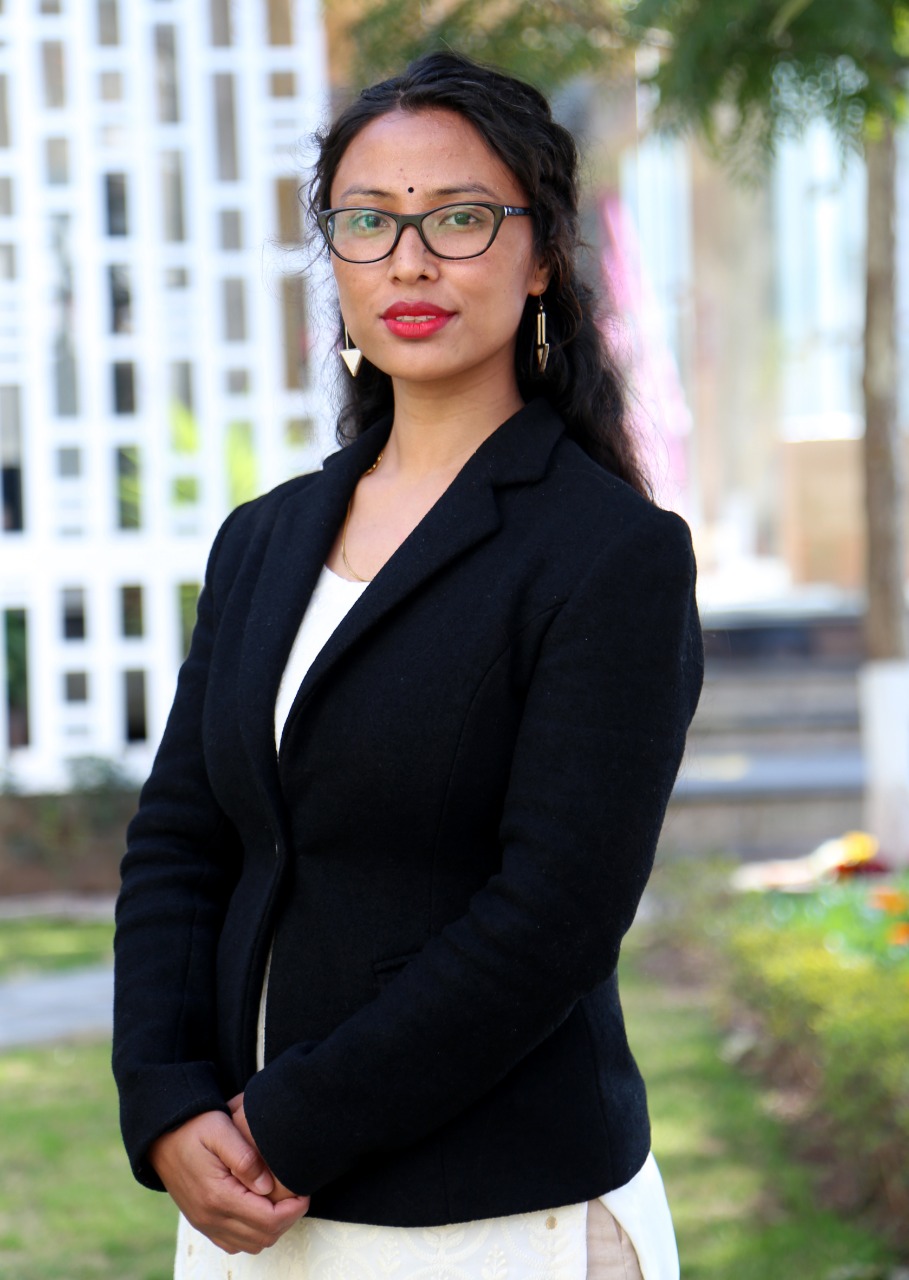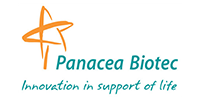PhD Environmental Sciences
Eligibility : Four year graduation degree by research or two year masters in Env Sciences/ related subject with minimum 55% marks
- Duration : 3 years
- Admission Criteria : Shoolini University's multiple choice entrance test, and assessment of research aptitude through concept note & faculty interaction
PhD in Environmental Sciences at Shoolini University provides students with a comprehensive understanding of environmental challenges and their potential solutions. It includes a range of topics, including environmental pollution, climate change, sustainable development, biodiversity conservation, and ecosystem management.
The innovative program offers theoretical knowledge and practical research experience, with a curriculum emphasising critical thinking, problem-solving, and communication skills. it
The program equips scholars with the skills to tackle real-world environmental challenges in various sectors, including academia, research, industry, and government agencies. Upon graduation, students can make valuable contributions to the scientific community and address critical environmental issues facing the world today.
Shoolini University's distinguished faculty, with research and industry experience, guide doctoral students to produce high-impact theses and patents, building their credentials and launching careers. The international reputation of the faculty, talented student community, and excellent technical staff create an environment of global excellence, nurturing creativity and innovation.
Shoolini has dedicated Centres of Excellence for Environmental Sustainability:
Shoolini scholars get global exposure through exchange opportunities with renowned universities worldwide. Prominent among these are the University of Arkansas, USA; Lanzhou University, China; University of Naples, Italy; Taipei Medical University, Taiwan; Gachon University, South Korea; South Dakota Mines University, USA.
Shoolini University is UGC Approved and NAAC Accredited.

Research
Students dive into research from day one, getting personalised guidance from top faculty researchers.
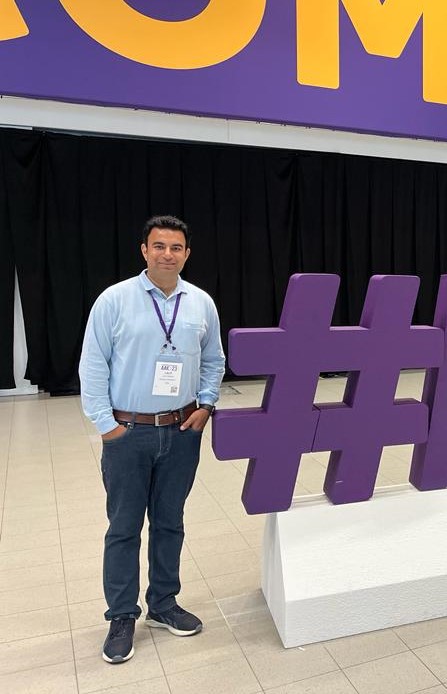
SIPRO Support
The Shoolini Intellectual Property Rights Office assists with patent filings and their commercialisation.

Entrepreneurship
The Steve Jobs Innovation and Incubation centre established on campus promotes entrepreneurship, innovation and practical learning.
PhD Environmental Sciences Career Opportunities
- Environmental Scientist/Consultant
- Professor/Researcher
- Environmental Policy Analyst
- Climate Change Analyst
- Environmental Health Specialist
- Sustainability Director/Manager
- Renewable Energy Analyst
- Environmental Engineer
- Conservation Biologist
- Natural Resource Manager
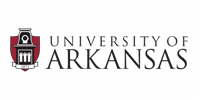

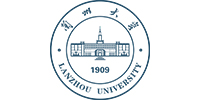
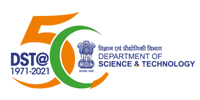
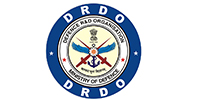
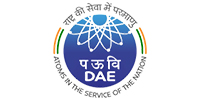
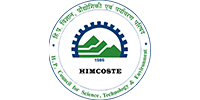
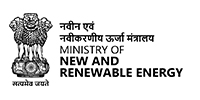
Program Details
Top Faculty
Student Voices
Top Campus Recruiters
Some of the major companies that visit our campus and hire our graduates are:
Frequently Asked Questions
Why is PhD study important?
Enrolling in a PhD program helps you begin or continue research in the field you're passionate about. You can delve deeper, make new discoveries, improve conceptual tactics and apply those concepts through the research conducted. You can decide what to work on, how to work, and chart your journey with support and guidance from a supervisory team.
Can I do a PhD without a Master's degree?
Students with a minimum CGPA score of 7.5/10 in the four-year-undergraduate program (FYUP) will now be eligible for PhD admissions, without having to complete a master’s program, according to the new regulations on the award of PhD degree finalised by the University Grants Commission (UGC).
Do rankings matter for a PhD?
The institution's accreditation by appropriate agencies means the program meets high standards of academic excellence. However, other factors, such as the field of research, number of publications, collaborations, etc., are also considered.
Will a PhD enhance my career prospects?
Doctoral programs require intensive training in research methods. This includes interviews, surveys, questionnaires, clinical trials, and laboratory experiments. These skills are put into practice when the candidate conducts fieldwork for the dissertation. Skills gained in qualitative and quantitative research methodology and statistical analysis are transferable to non-academic research environments, particularly for industrial research. In addition, employers outside of academia seek individuals with sound research skills to carry out projects at think tanks and research institutes in both the private and government sectors.
Why should I pursue a PhD from Shoolini University
Shoolini University is India’s No.1 research university. It follows a unique One Student, One Patent policy that encourages all PhD students to focus on real research and innovation. The university has more than 104 modern labs to support your work. Shoolini researchers are also listed among the top 2% scientists in the world by Stanford University. With 250+ international collaborations, you can work with global experts and institutions.
Latest Blogs
Explore the latest insights and updates in our newest Shoolini University blogs!
Still have Queries? Contact Us
Please fill in the form and an expert from the admissions office will call you in the next 4 working hours.




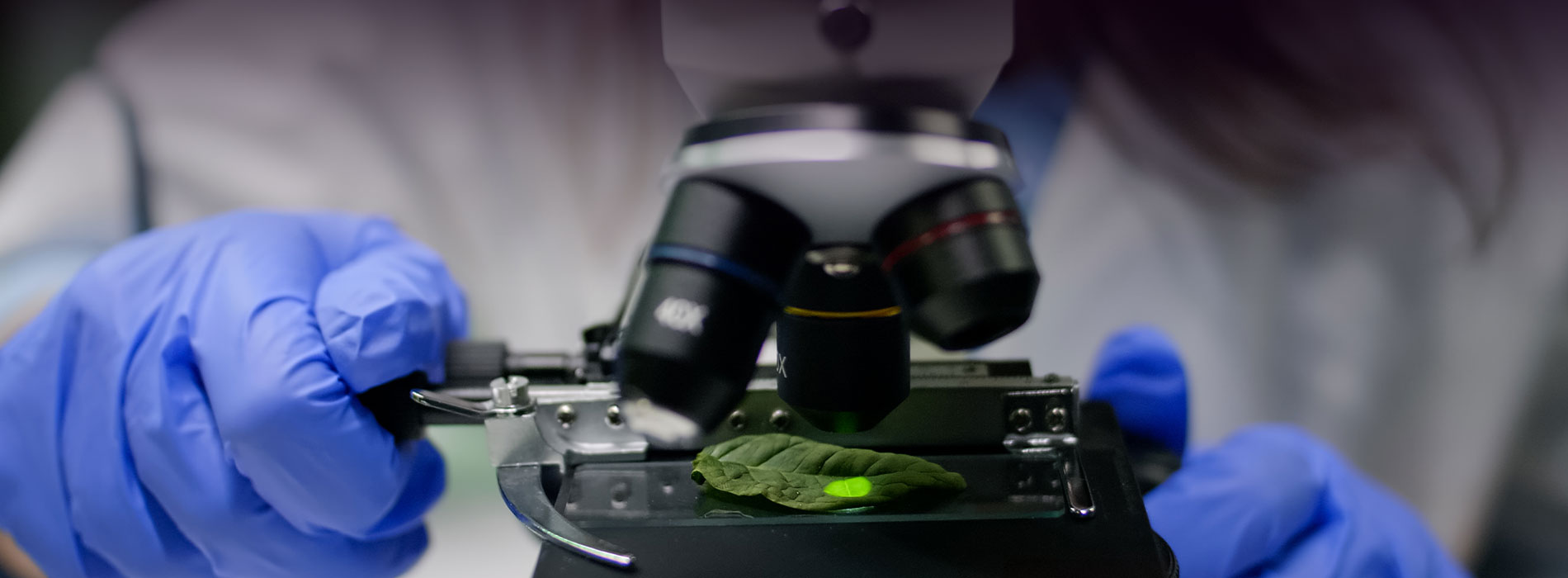

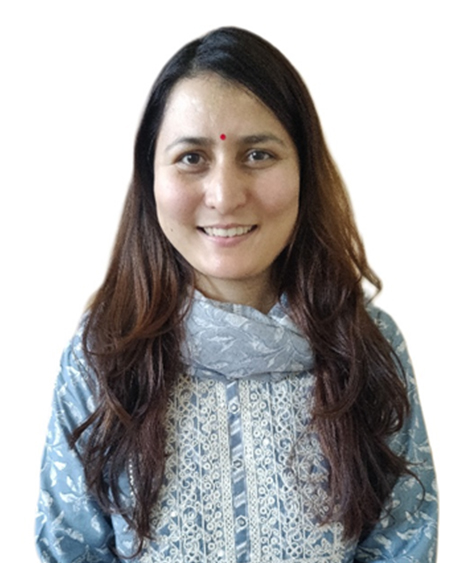
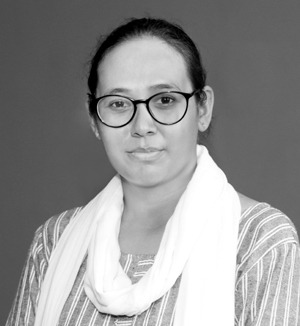
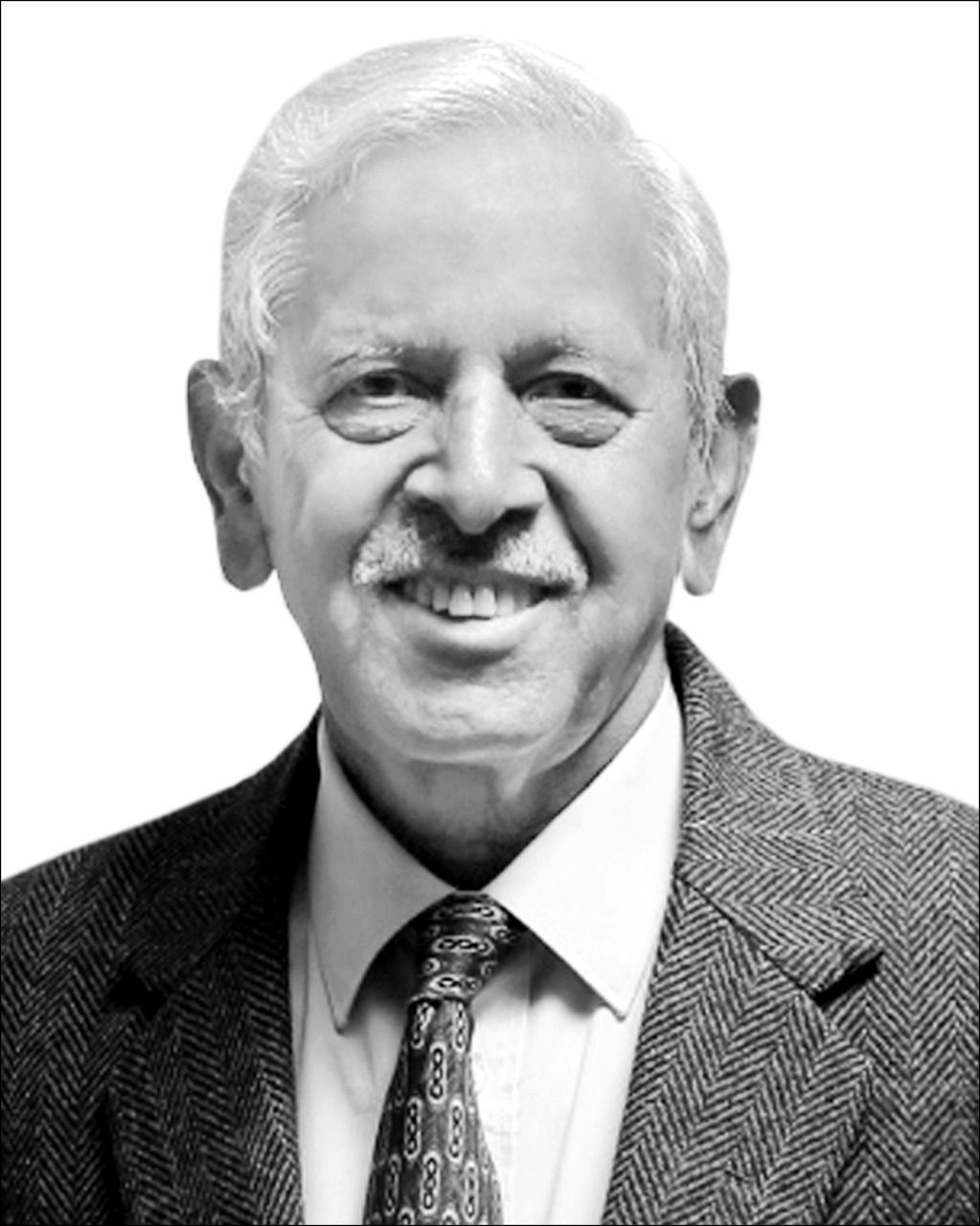
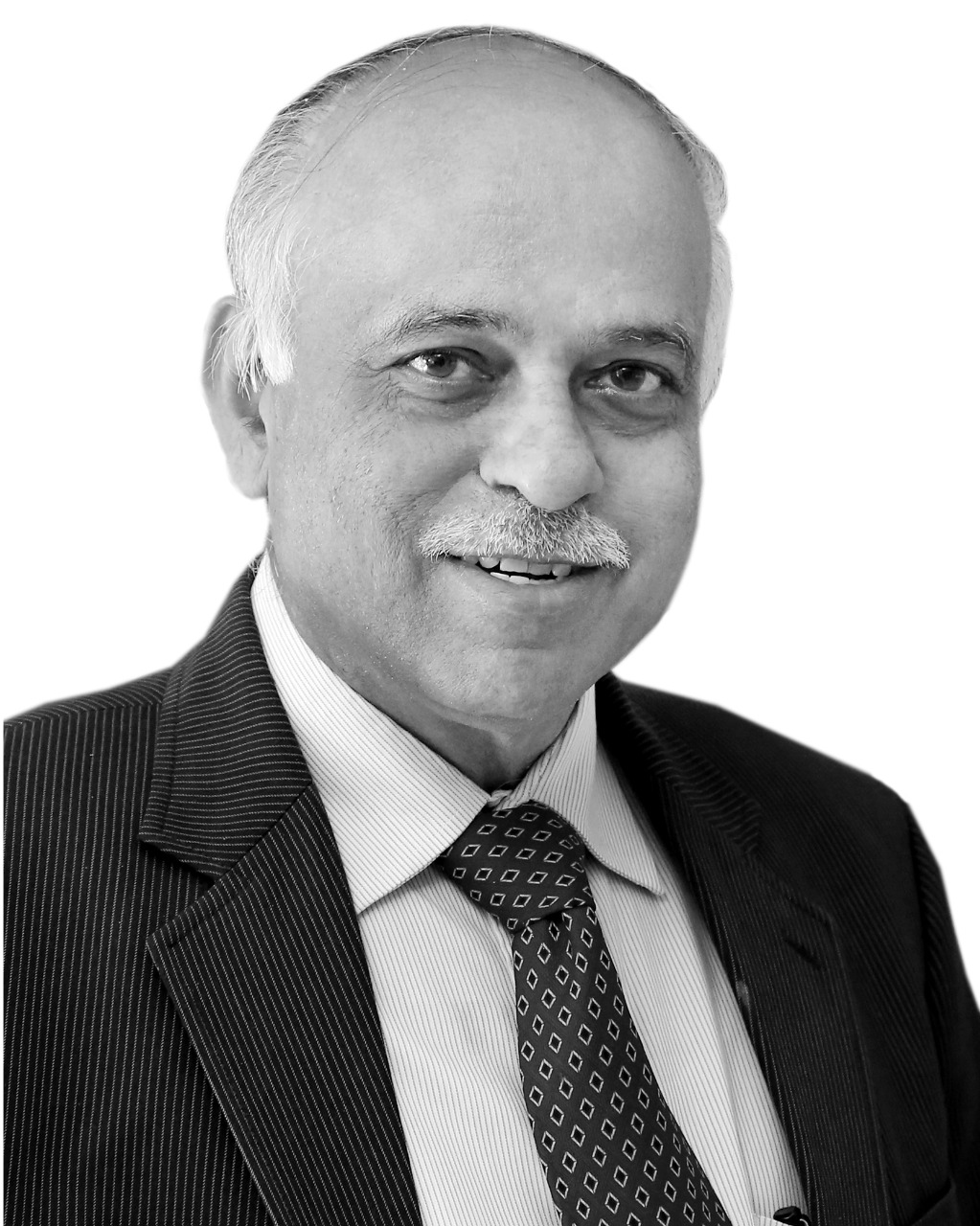
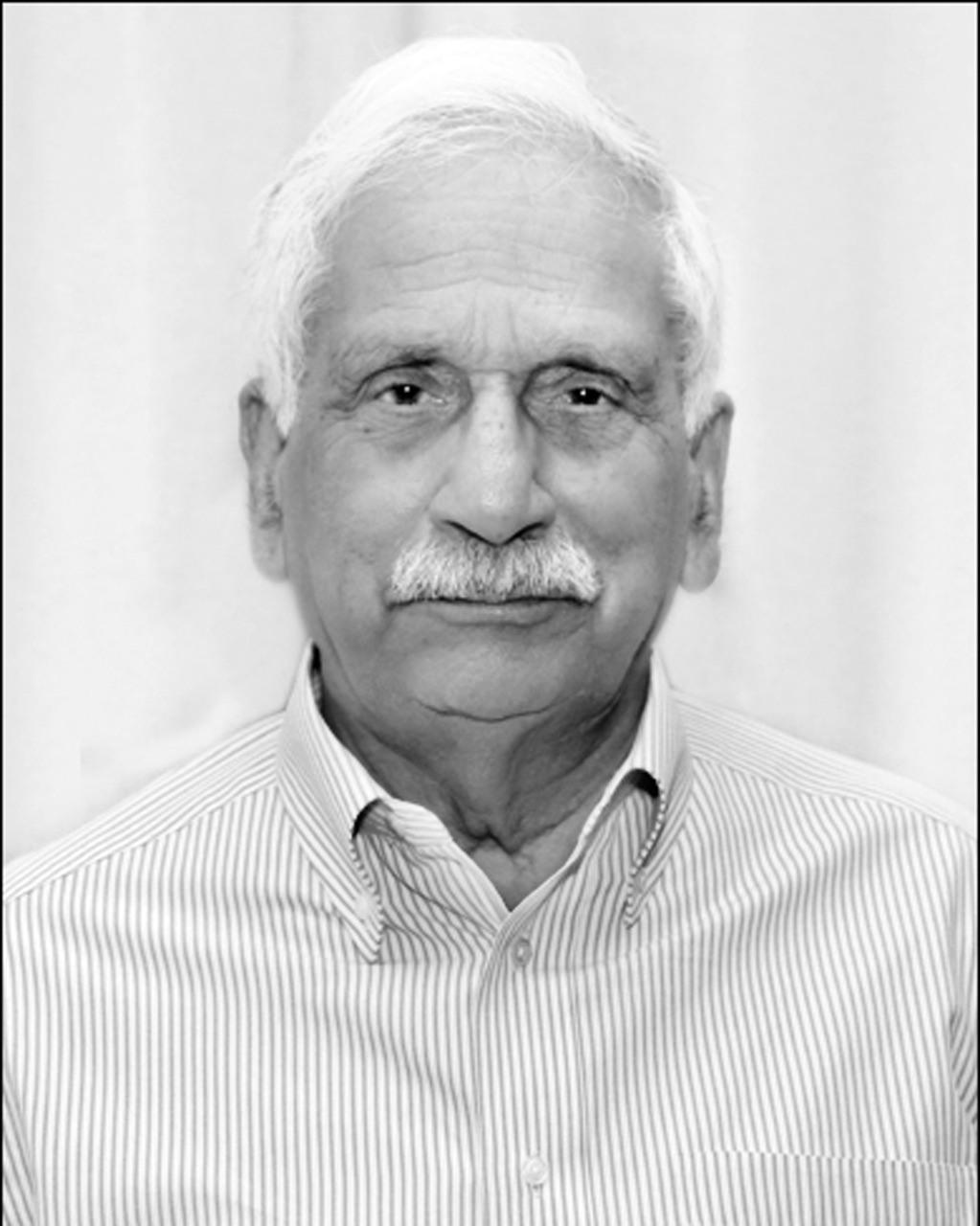
.JPG)
.JPG)
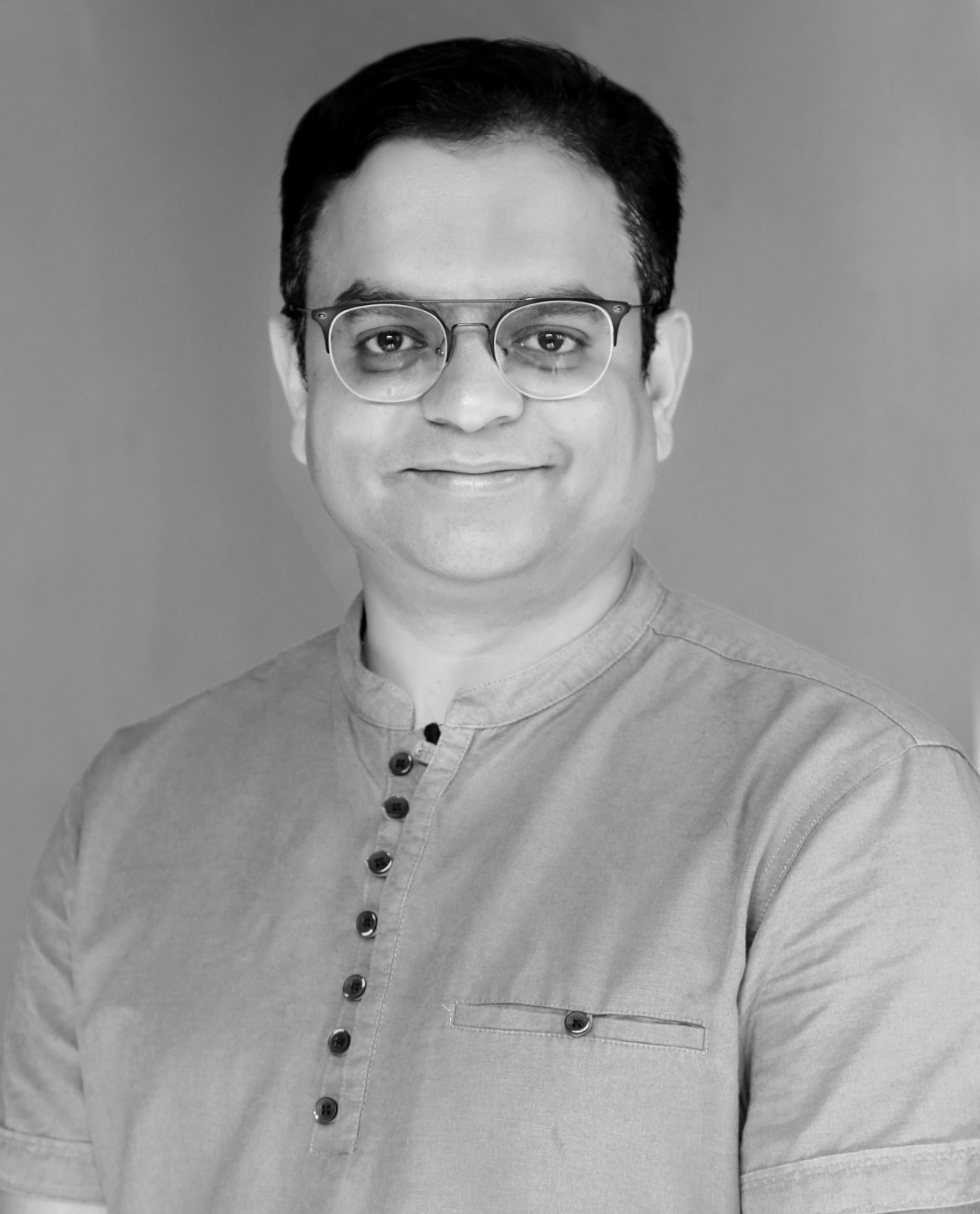
.JPG)
.JPG)

.JPG)
.JPG)

.jpg)
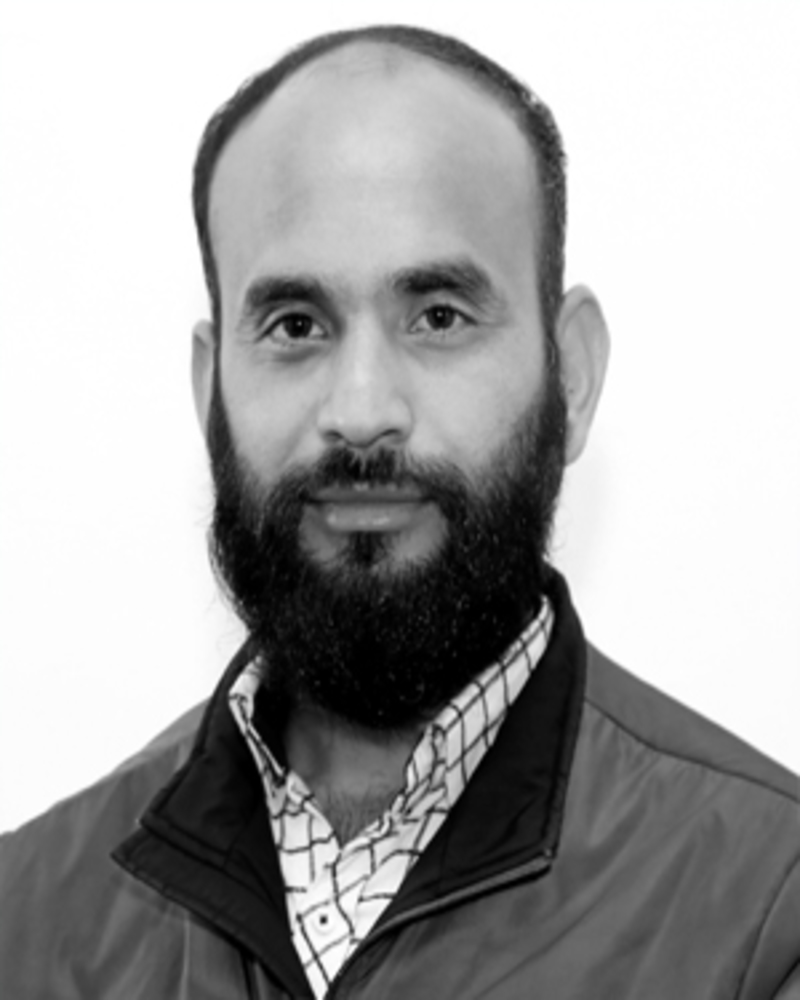
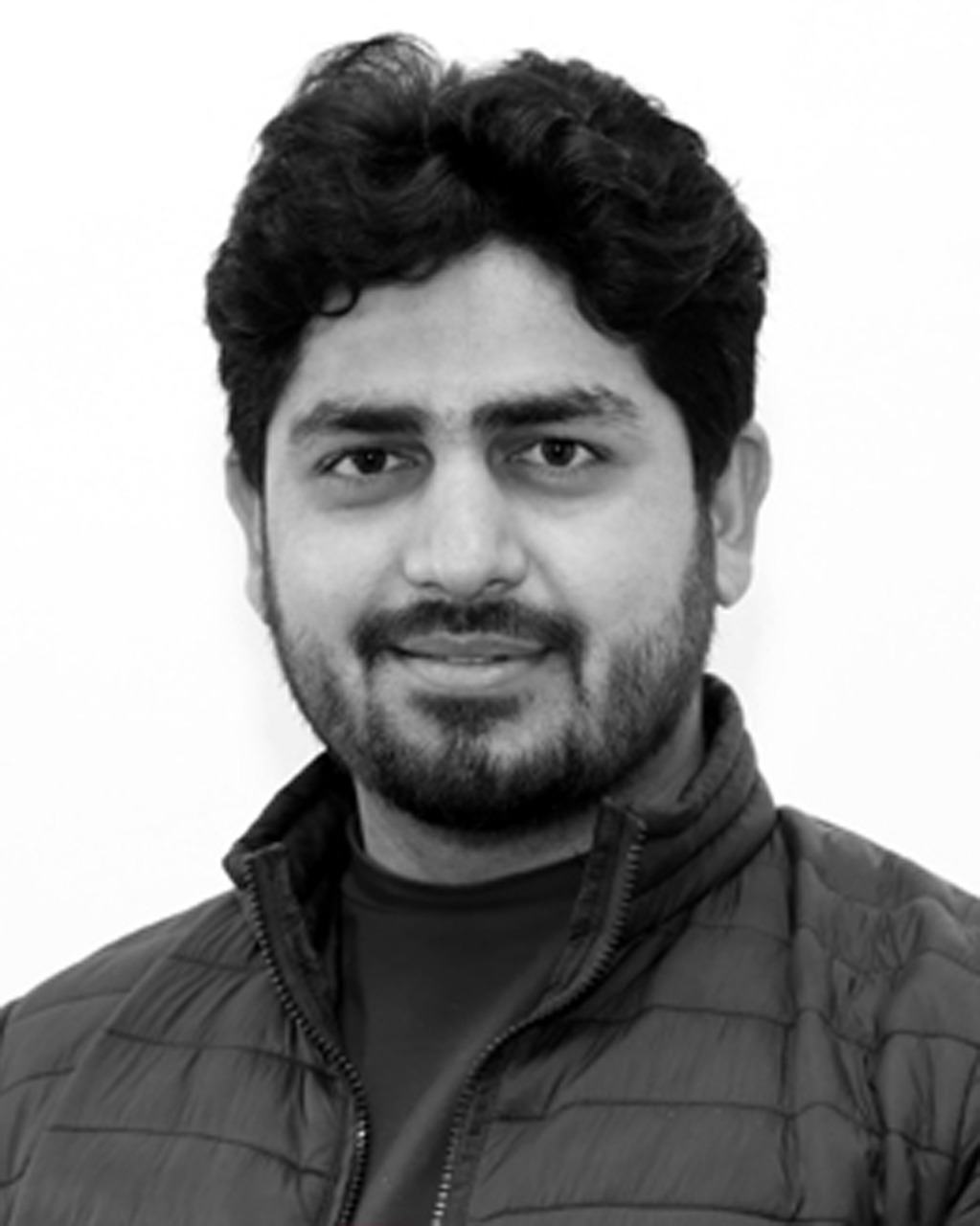

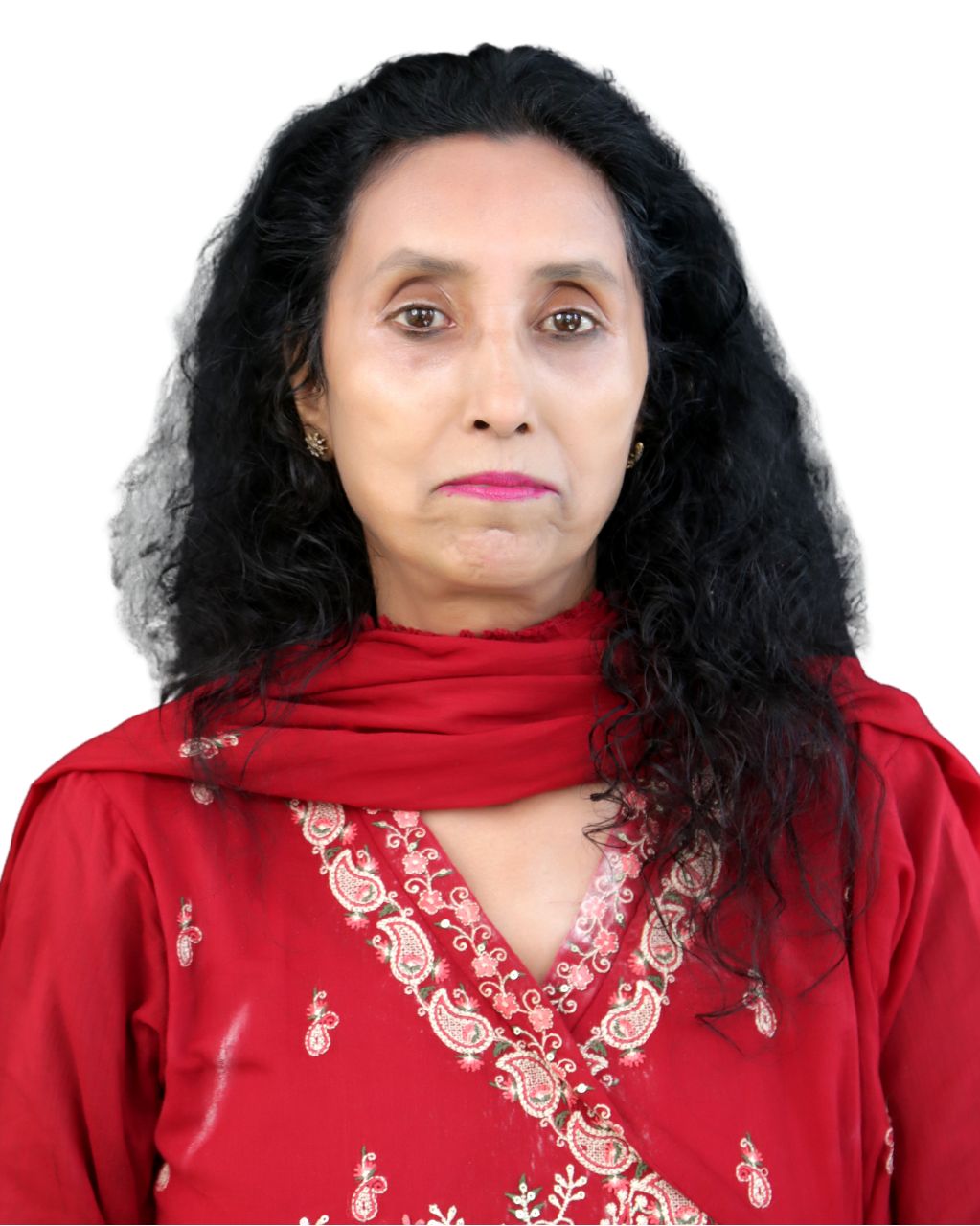
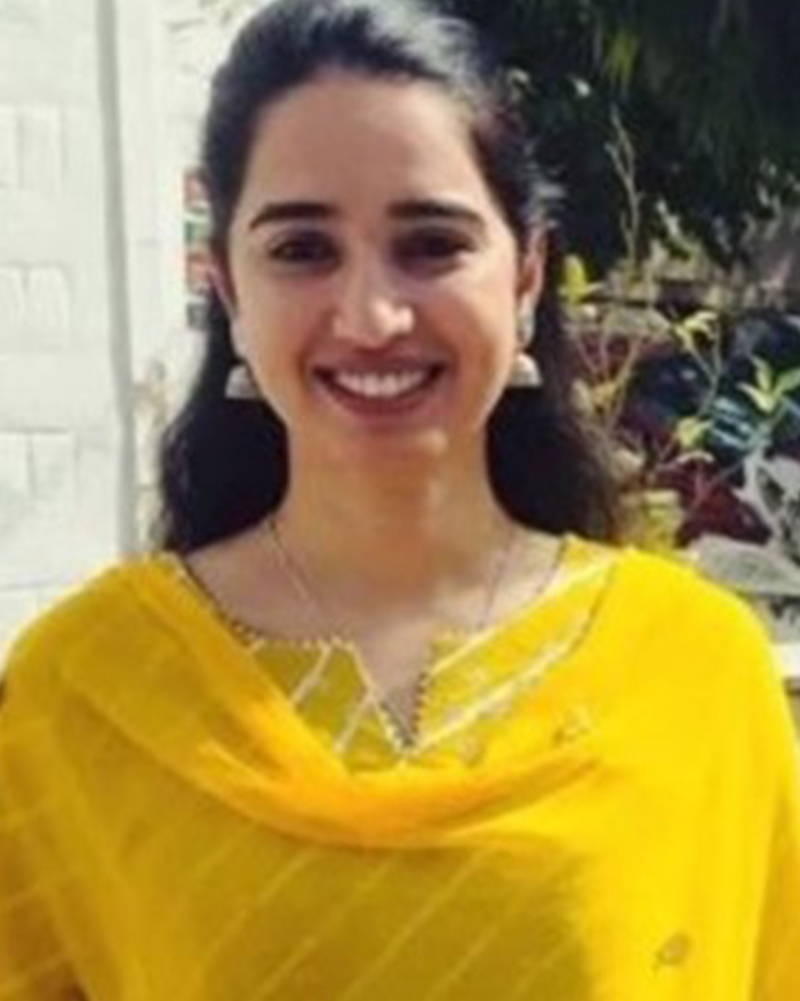

.jpg)
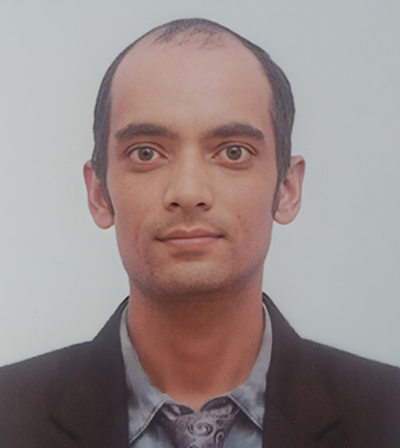
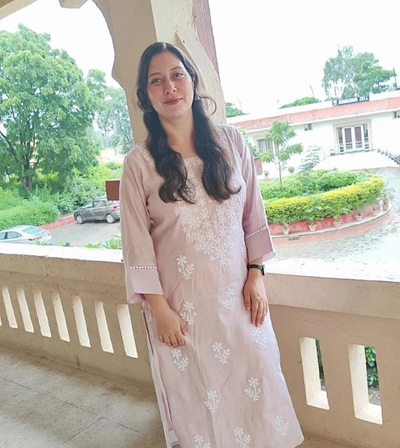


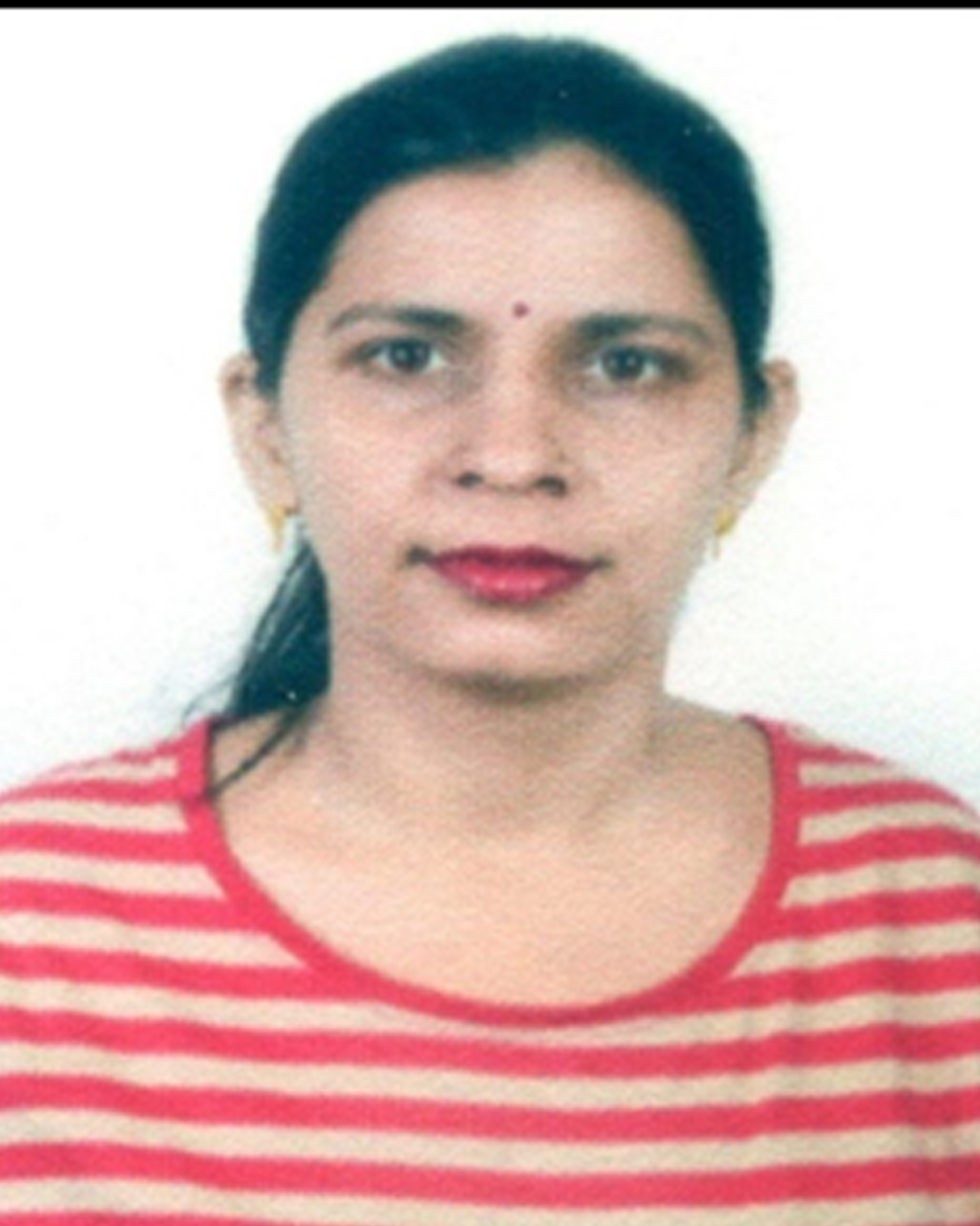
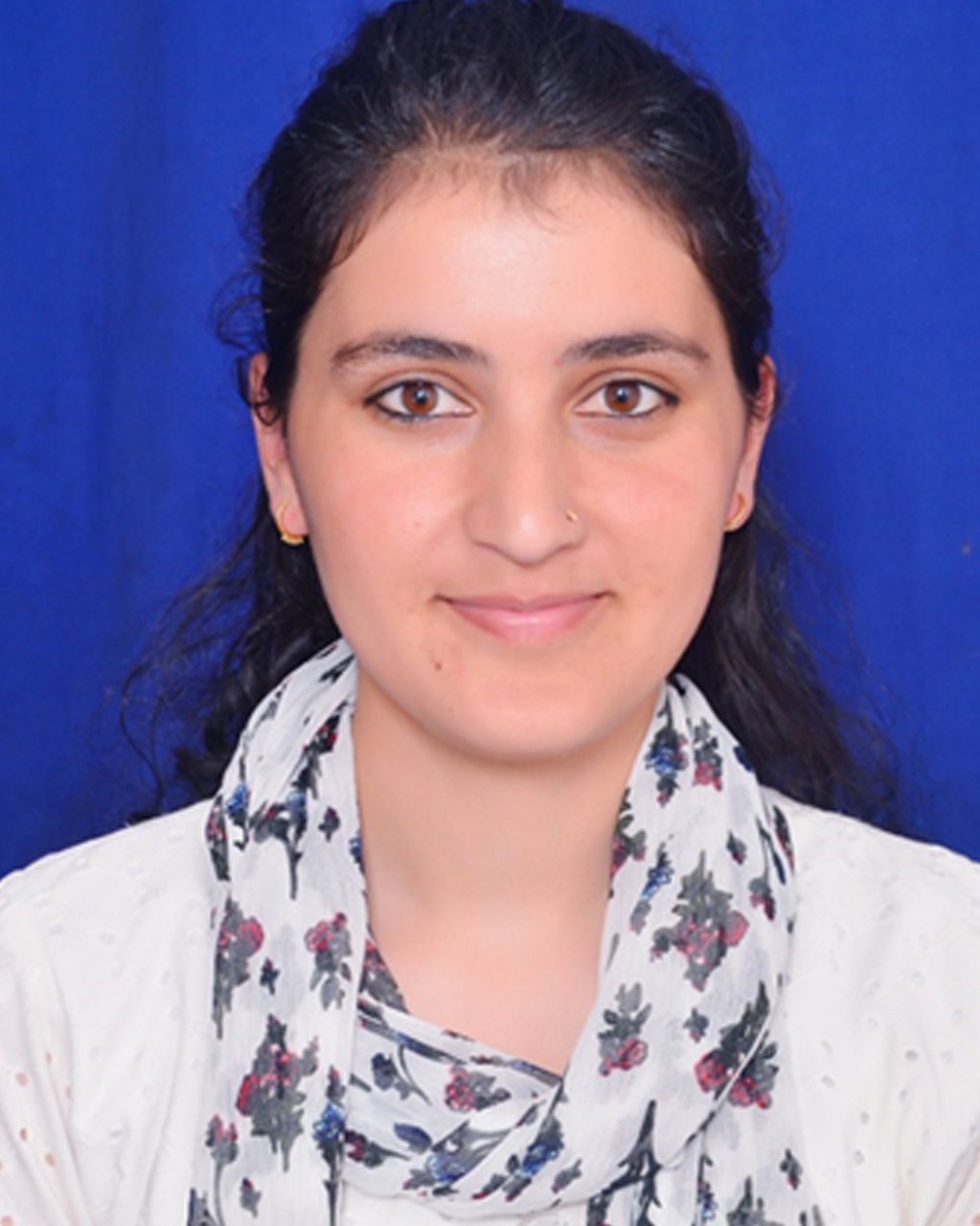
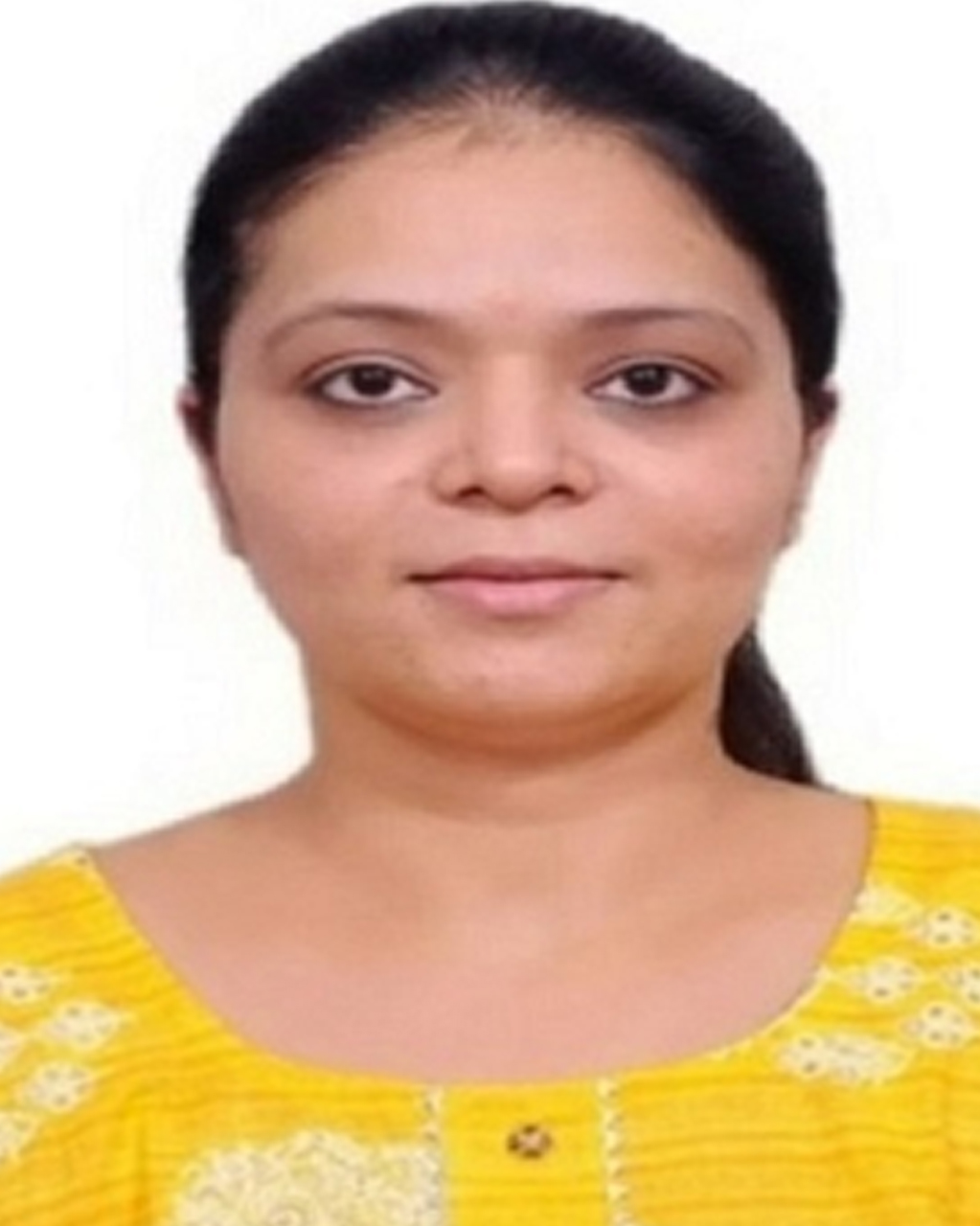
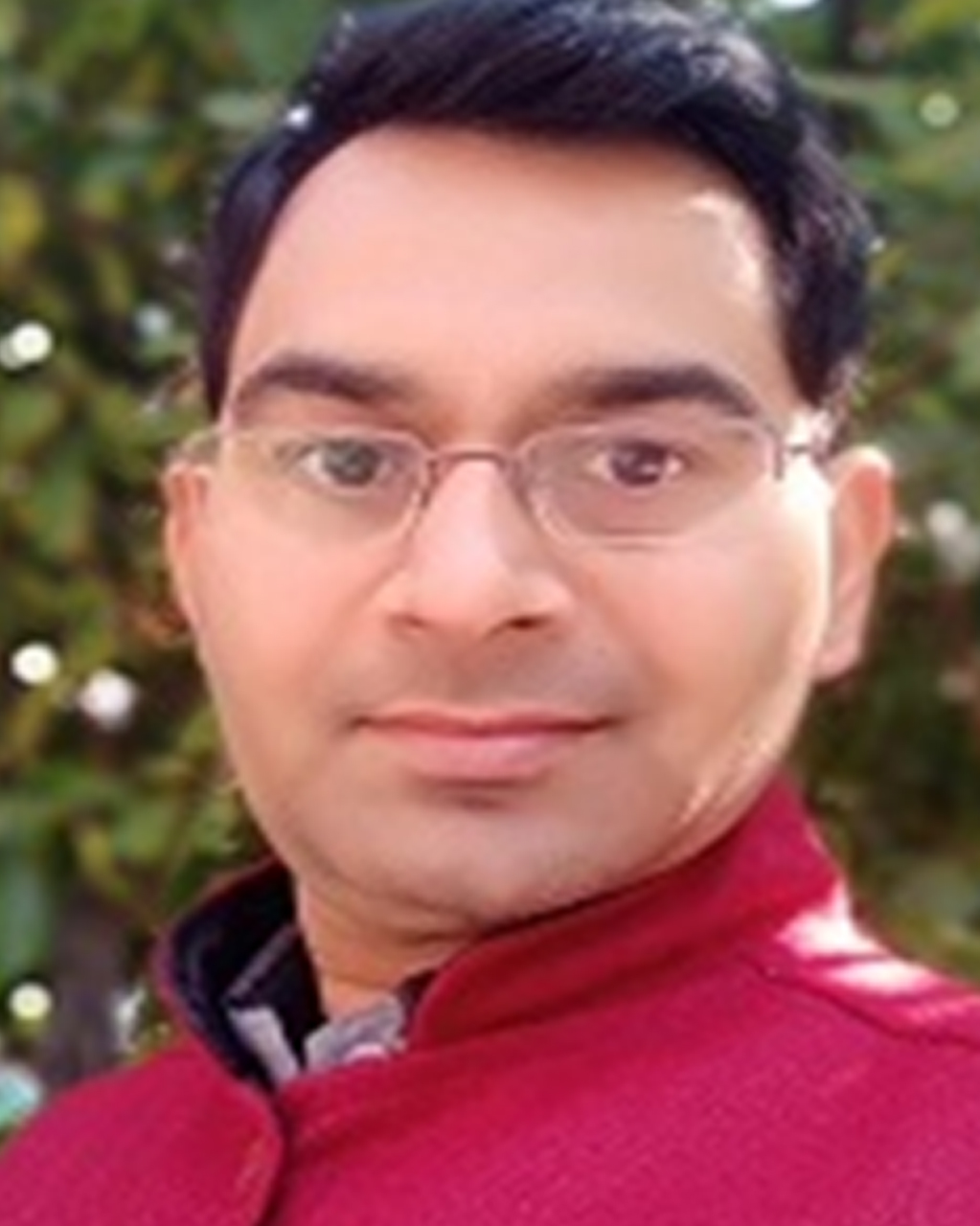
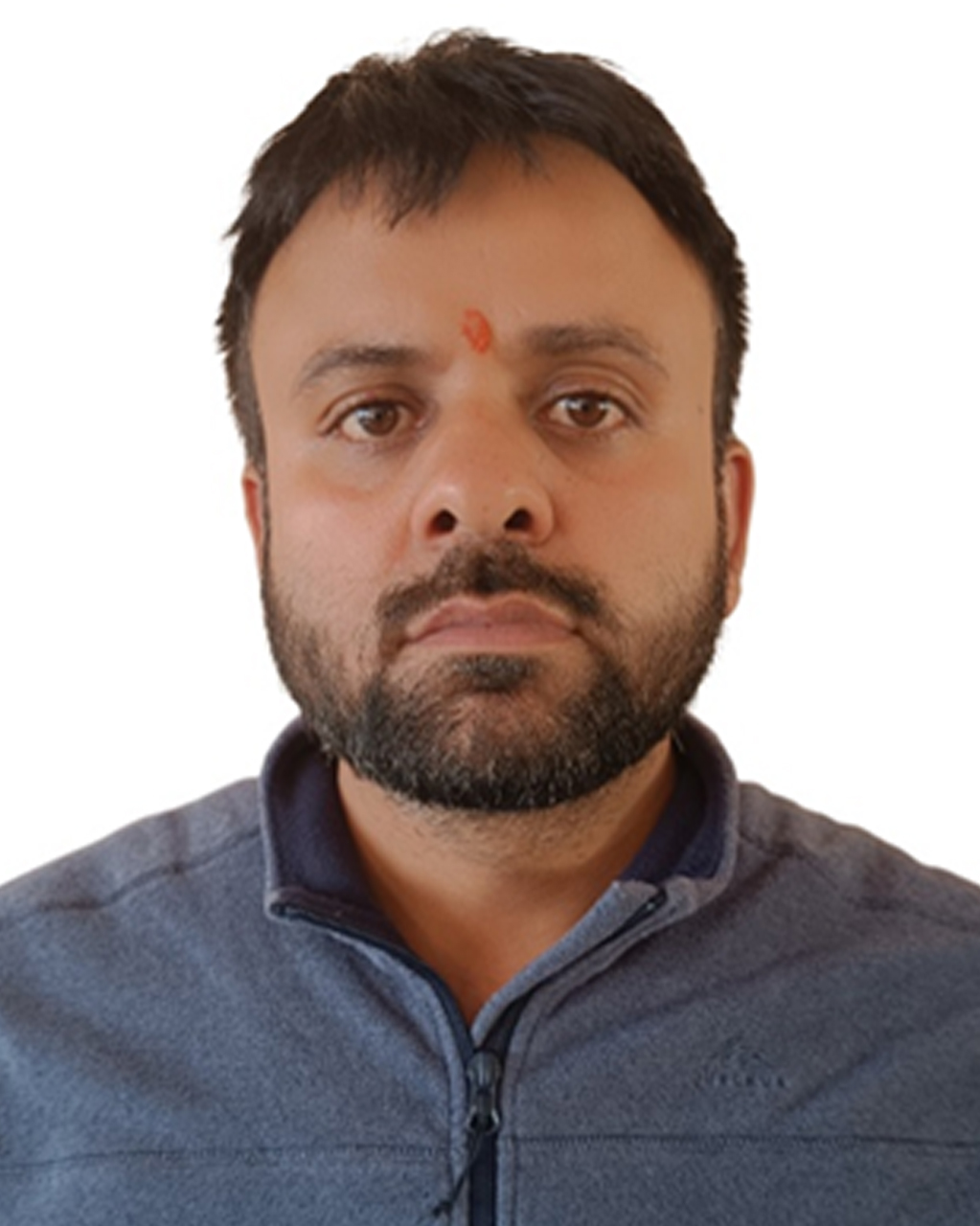
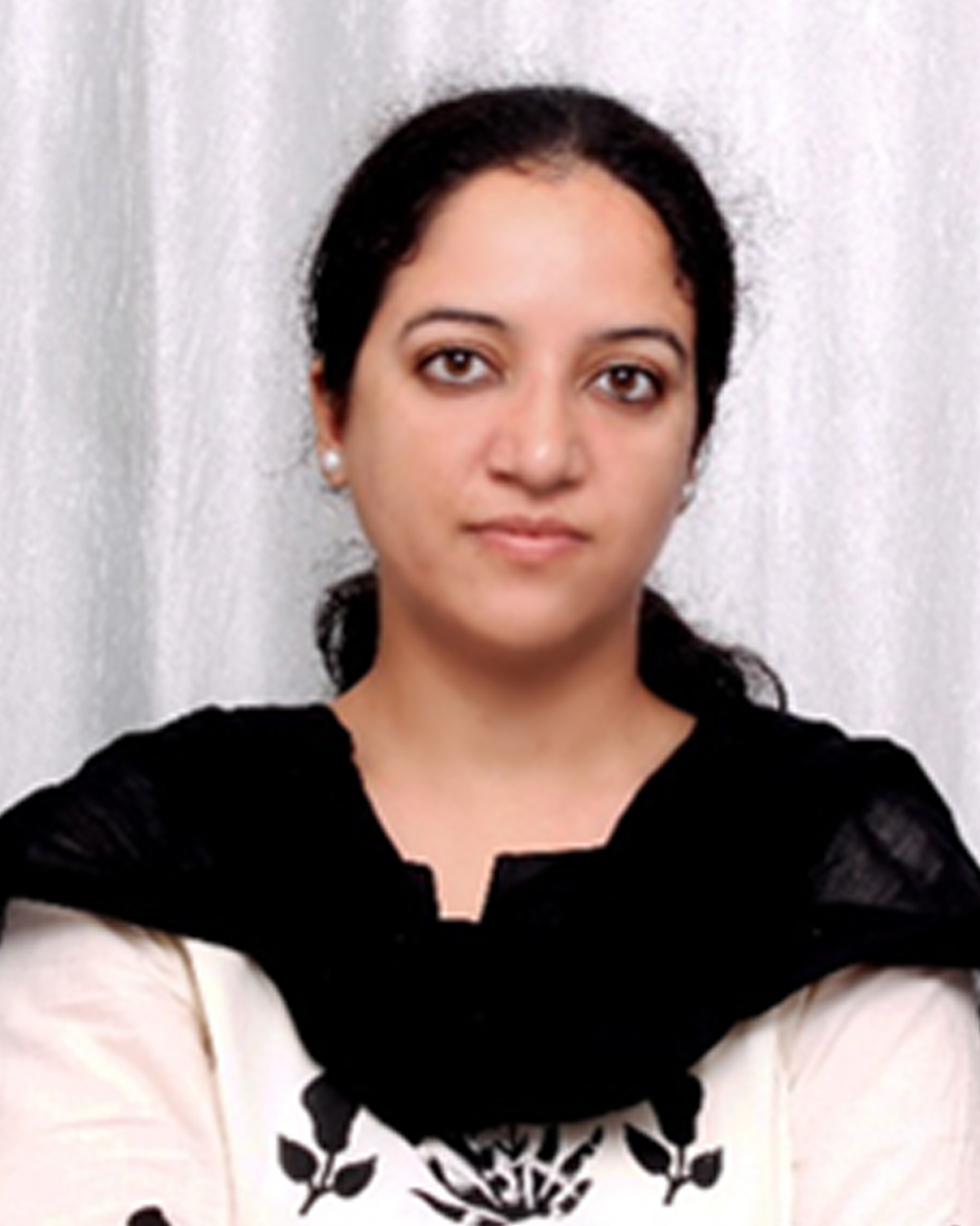
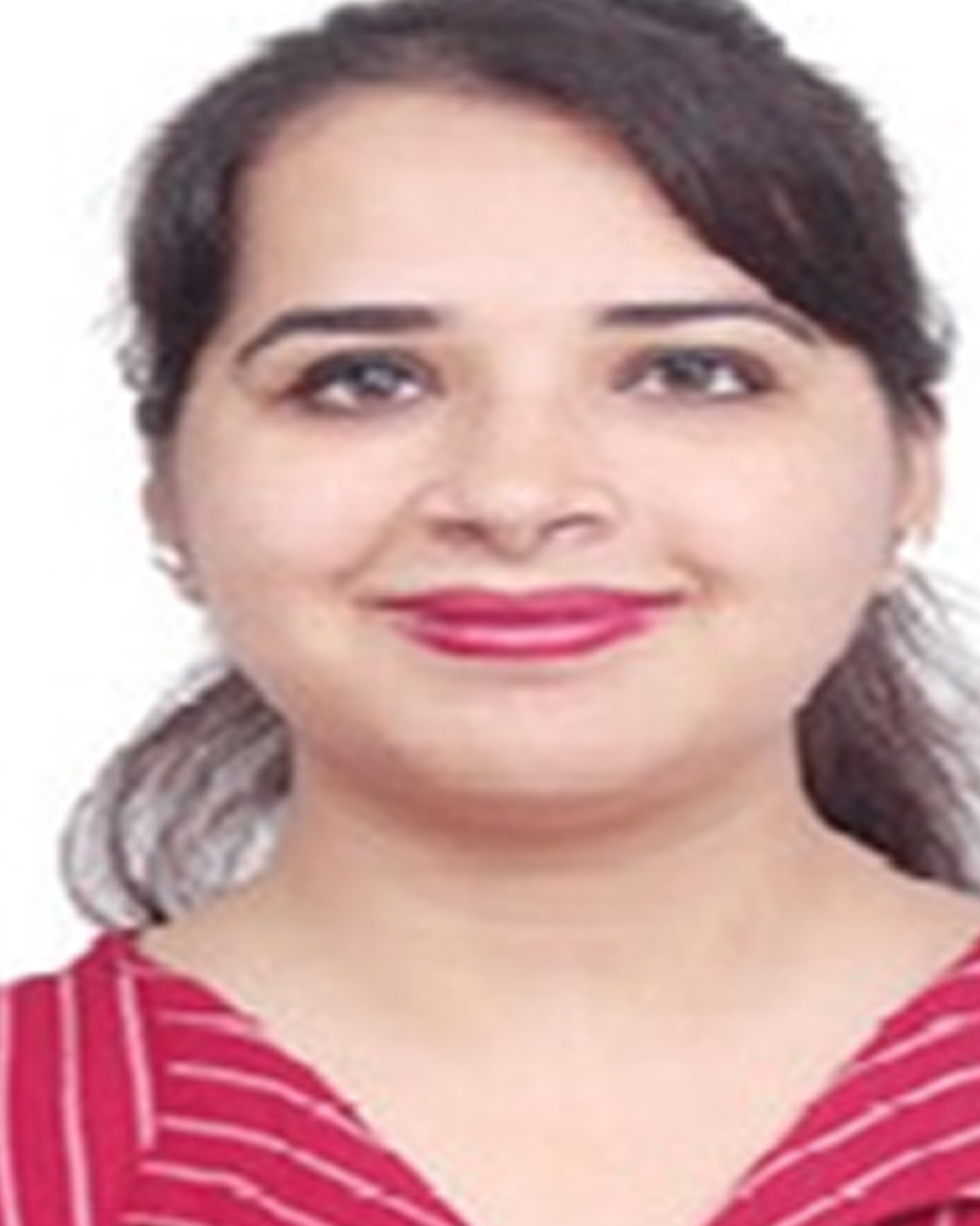
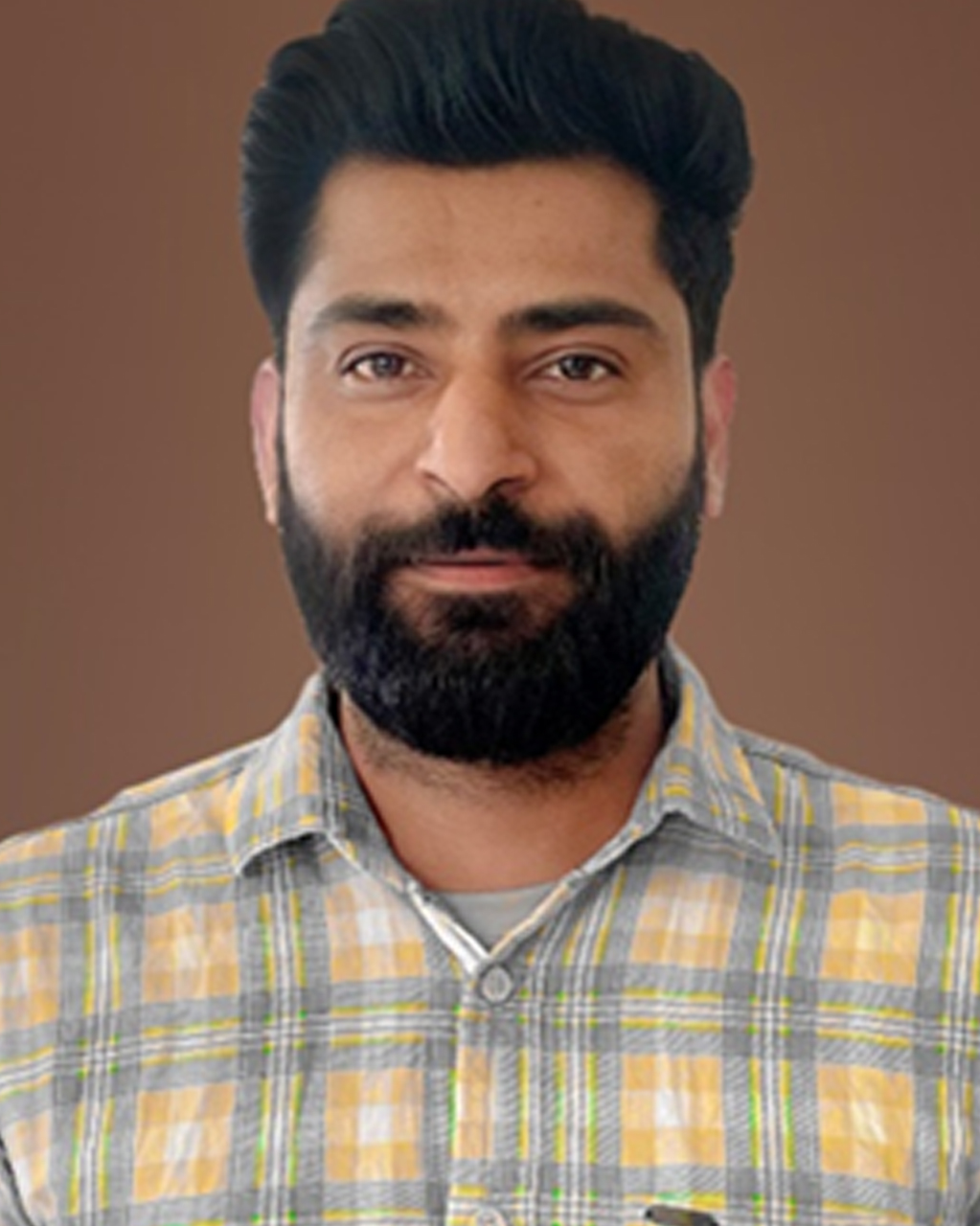
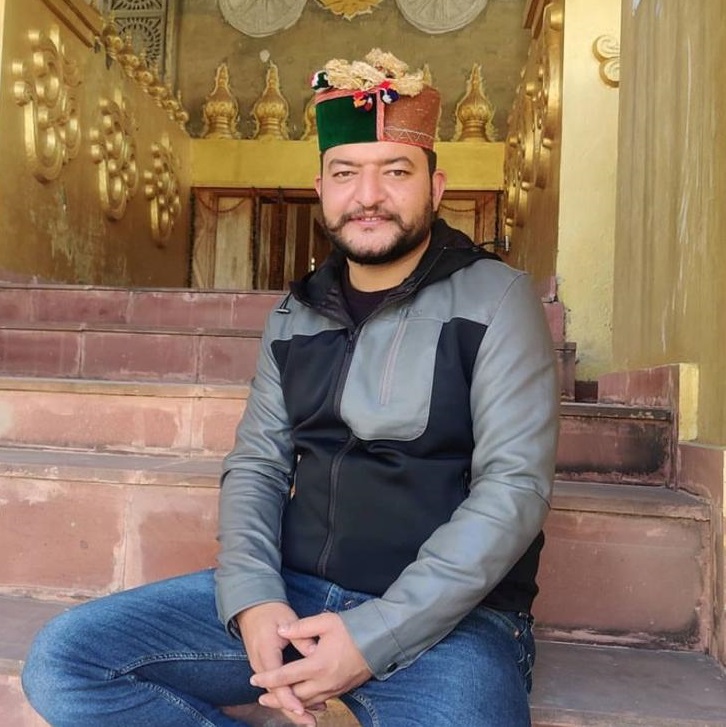



.jpg)
.jpg)
